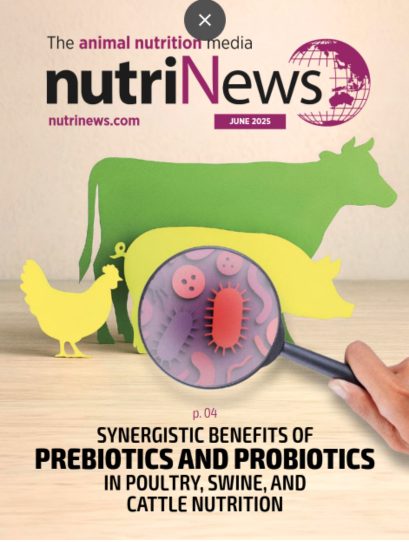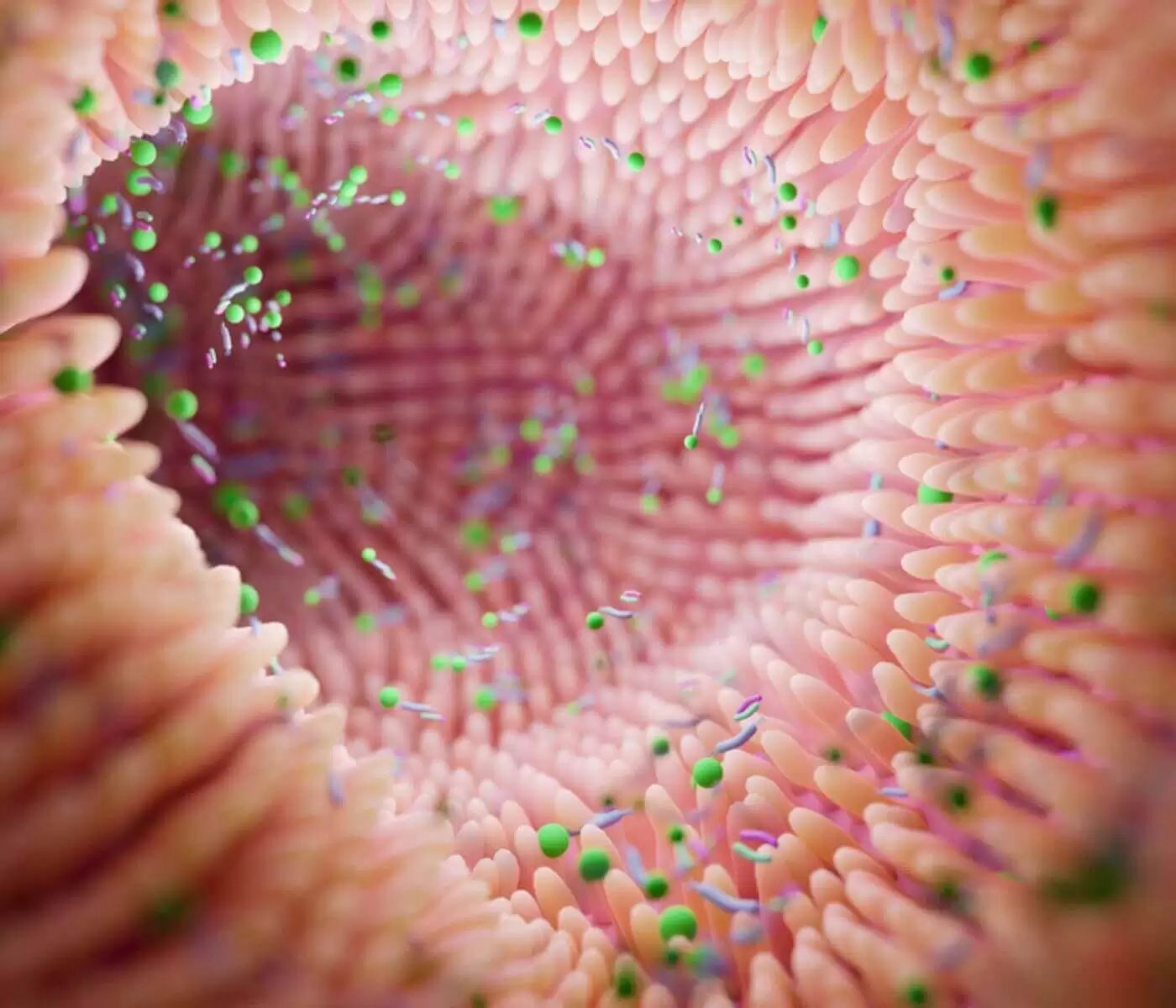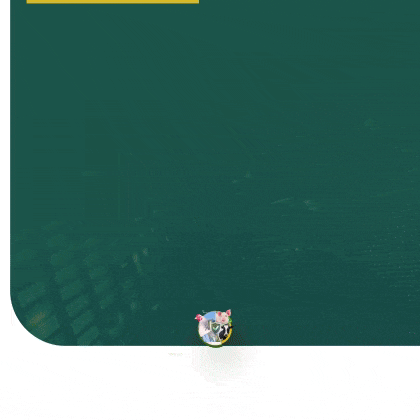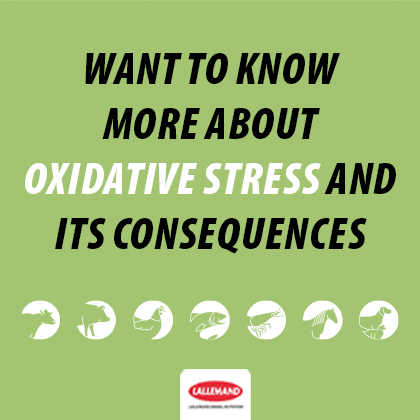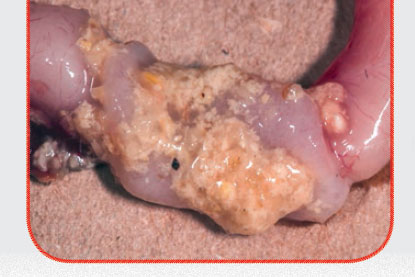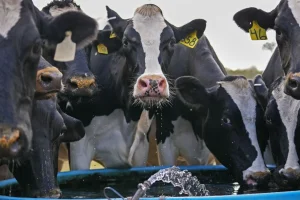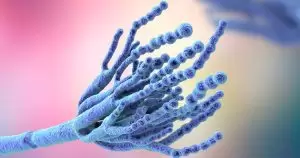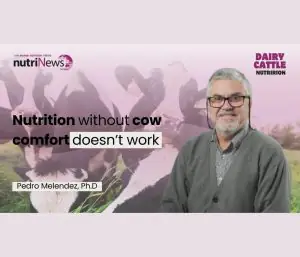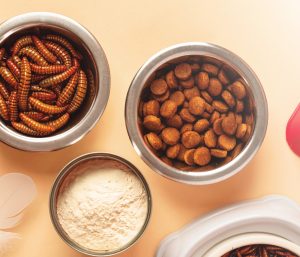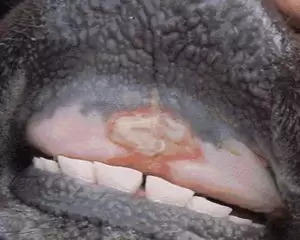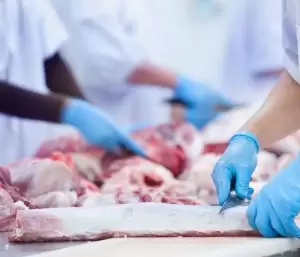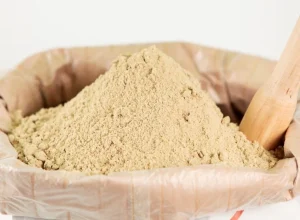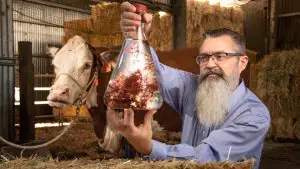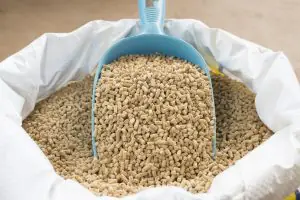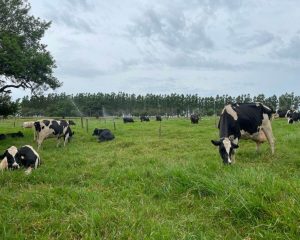Coccidiosis: Understanding the link with intestinal integrity
The correct control of coccidiosis is still the most contentious point in maintaining intestinal integrity, despite the numerous alternative products and vaccines used in the poultry market. As a consequence of the almost always overlapping action of coccidia, intestinal health is affected by bacterial intervention on mucosal cells. Clostridium, salmonella, and the coccidia themselves form one of the trios that currently complicate intestinal integrity, especially when working in a phase of reducing the use of antibiotics.
It is necessary to consider the interactions that occur in the intestine, which can allow coccidia to grow, favoring the damage of epithelial cells, the subsequent increase in the production of cytokines, and later the affectation of mucus-producing goblet cells—developing a process of necrotic enteritis.
Today, the changes that are taking place in the preferences of consumers and large distribution chains put pressure on poultry producers to eliminate the use of antibiotics.

